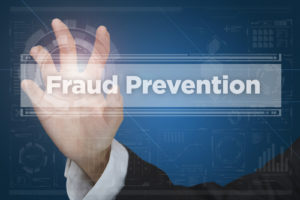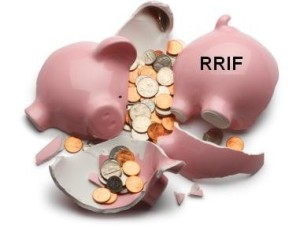
MoneySense.ca has just published a feature article by me that looks at the rising tide of frauds directed at Canada’s seniors, and everyone else.
You can find the full piece by clicking on the highlighted headline here: Canadian Seniors, watch out for these scams.
This Saturday (June 15th) is World Elder Abuse Awareness Day.
Note that while the full 2500-word article at MoneySense is aimed at Seniors, it is not technically my monthly Retired Money column, which is typically shorter. And this short summary here at Findependence Hub is only a third as long: hopefully enough to entice readers to hop over to MoneySense for the full article.
So below, I offer only a small fraction of the full column and some of the major links. This is an important topic both for seniors and those who hope to be financially independent seniors one day, so do take the time to click on and read the full article at MoneySense.ca, linked above.
It was a bit of an eye opener researching and writing this piece but it appears to be the unfortunate reality of the technological world we all now inhabit. It’s overwhelming and the situation is unlikely to improve any time soon.
In the past MoneySense has covered such topics as getting scammed through e-transfers, phishing, crypto schemes, identity theft and more. There’s financial fraud in general that targets bank accounts, credit cards and potentially every other aspect of your financial life. My feature attempts an overview of most of them from a Canadian perspective, with a few new scams I hadn’t known about before researching this article. (Example: “smishing,” which is sort of phishing in the form of text messages on smartphones.)
A.I. is exacerbating the spread of Frauds on all platforms
As I note at the top of the full column, it’s a sad fact that the rise of Artificial Intelligence (A.I.) has exacerbated this problem. While anyone can be prey for technology-linked schemes to separate you from your money, seniors need to pay particular attention, seeing as they tend to have more money to lose and less time to recoup it.
According to Equifax, Fraud is the top crime perpetrated against older Canadians. Sadly, many seniors fail to report these crimes to the police because they feel shame or embarrassment about being duped by scamsters.
Identity Theft
Identity theft is particularly worrisome for seniors, if not the rest of us. As Equifax puts it, “a scammer may try to get information such as a bank card or personal identity number, credit card number, health card number, or a driver’s license or Social Insurance number. They can then apply for credit cards, take out loans or withdraw funds in the person’s name.”
5 cyber scams targeting seniors
Elder Abuse Prevention Ontario (EAPO) lists 5 cyber scams that target seniors. These include Romance scams targeting the recently bereaved. Here are 5 red flags to watch for if you’re looking for love online. Continue Reading…







